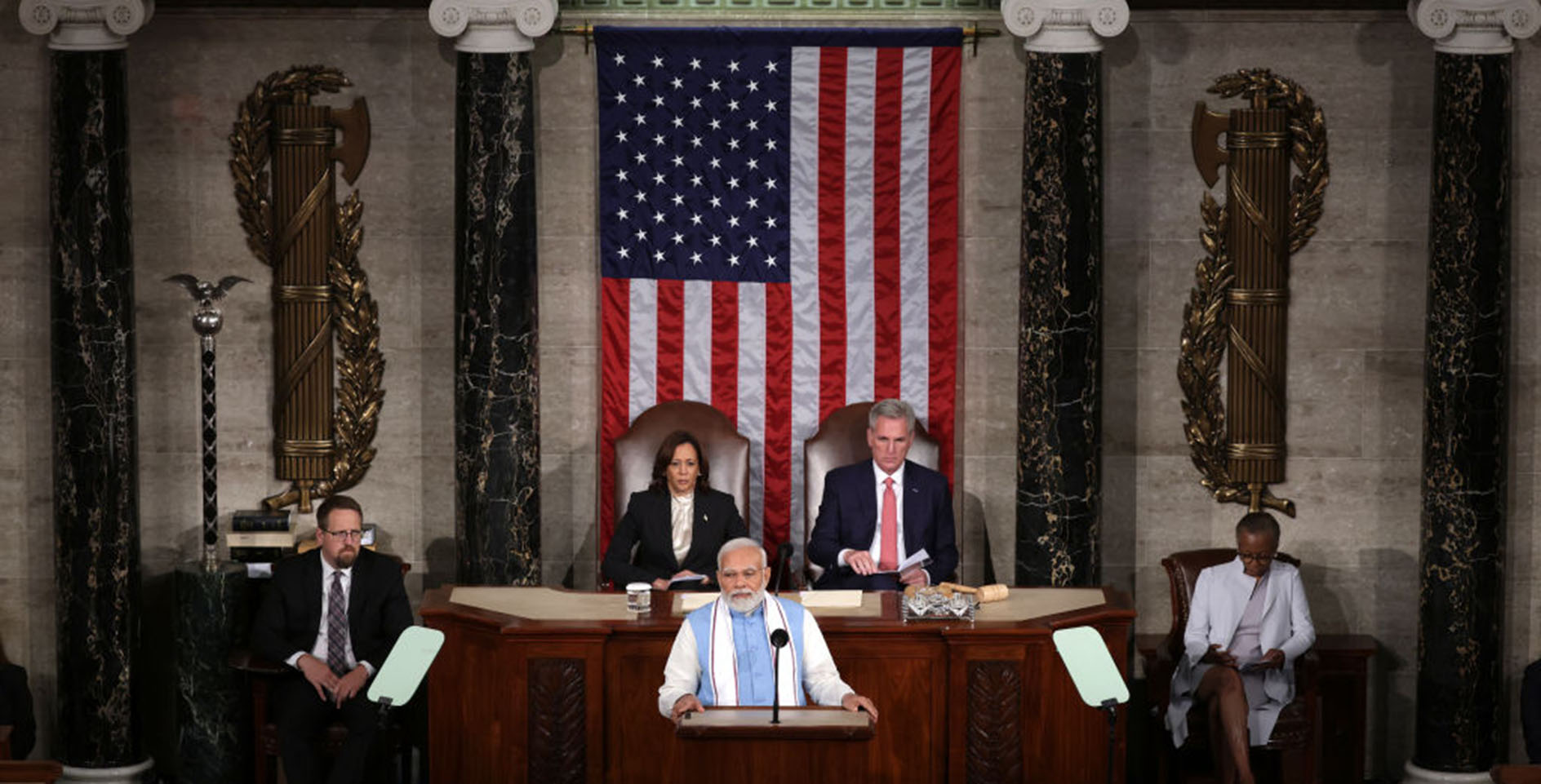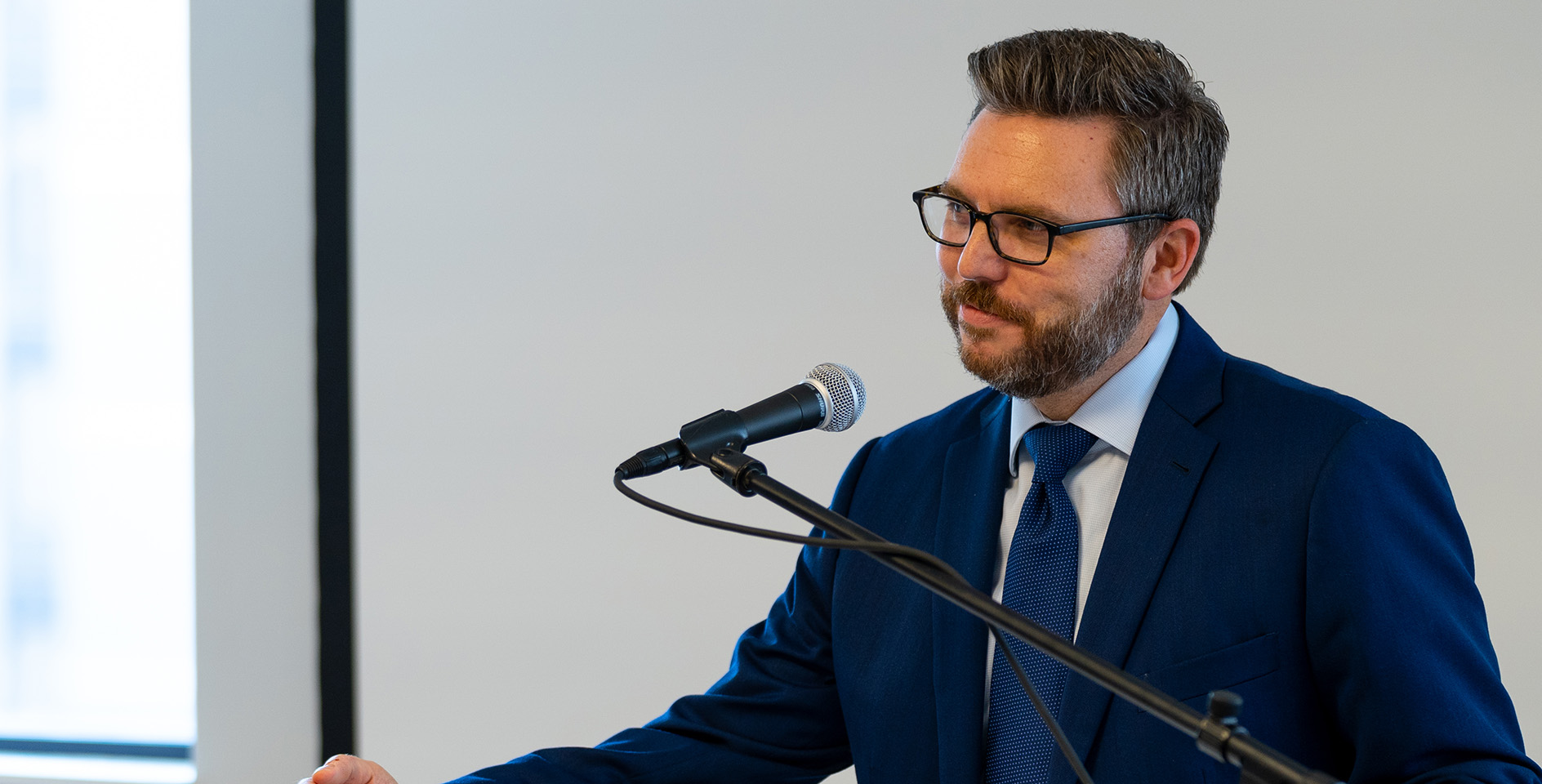If the government prohibited you from gathering with God’s people, what would you do? For decades, this has been the question that many Chinese Christians have faced. Faithfulness to Christ in modern-day China looks a lot like faithfulness to Christ in ancient Rome. Christians who would not bow the knee to Caesar quickly learned what Jesus meant by “take up your cross and follow me.”
When the government attempts to rule over the consciences of its citizens, Christians must be reminded that they are exiles and sojourners in this world, which is precisely what Chinese Christians have been exemplifying for years. Sadly, it does not look as though the church in China will be enjoying “the peaceful and quiet life” that the apostle Paul prayed for in 1 Timothy 2:1-2 in the near future.
As Samuel Smith reported on March 27, “an influential house church in Beijing was shut down on March 23rd after 20 government and police officials raided Bible classes at two different locations, changed the locks and demanded congregants vow never to worship as a congregation again.” The name of the church is Shouwang Church, which claims to be made up of over 1,000 members. The forced closure of such “unregistered churches” is nothing new for Chinese Christians. Just this past September, the Chinese government shut down Zion Church, which was believed to be the largest house church in Beijing.
While reading Smith’s report, I was reminded of Peter and John before a council of “rulers and elders and scribes in Jerusalem.” Acts 4 retells the story of Peter and John’s boldness in the presence of an oppressive government. These two disciples were ordered by the governing authorities “to speak no more to anyone in the name of Jesus.” Peter and John, however, recognized that the government had no legitimate authority to stop them from “speaking in the name of Jesus.” What was their response?
“Whether it is right in the sight of God to listen to you rather than to God, you must judge, for we cannot but speak of what we have seen and heard.”
The willingness of the Chinese Christians of Shouwang Church to continue to meet demonstrates the same faithfulness that is seen in Peter and John. They knew that the government did not approve of their meetings. They knew that their church was “unregistered” in the eyes of the government. However, they also knew that human governments do not have the authority to recognize or register the true church of Jesus Christ.
The authority to recognize the church belongs to Christ himself, who promises to build his church among people of every tribe, kindred, tongue, and nation (Rev. 5:1-14). Shouwang Church might not be registered with the Chinese government, but the names of its members are written in the Book of Life, the official registry for the Kingdom of God, which was written before China and its government ever existed (Rev. 13:8, 17:8). The Chinese government might continue to disperse Christians while tearing down or boarding up their meeting places, but as sure as the stone that was rolled in front of the tomb of Christ could not stop the resurrection, neither will the Chinese government prevail against the church of Jesus Christ.
As Christians looking upon the suffering of their Chinese brothers and sisters in Christ, we should pray for them to remain faithful during this time of persecution. Furthermore, we should pray that as the church is dispersed throughout the country, so also the gospel will spread throughout the land. Finally, we must remember that no matter what evil is intended by the Chinese government through the persecution of the church, God sovereignly intends “to do good to all those who love him and are called according to His purpose” (Rom. 8:28). God’s purpose will not be thwarted or frustrated by the opposition of man.
While the Chinese government may believe that they are stopping the advancement of God’s purposes in China, we must never forget what King Nebuchadnezzar declared about our God:
“His dominion is an everlasting dominion, and His kingdom endures from generation to generation; all the inhabitant of the earth are accounted as nothing, and He does according to His will among the host of heaven and among the inhabitants of the earth; and none can stay His hand or say to Him, ‘What have you done?’” (Dan. 4:34-35).
The God of Daniel 4:34-35 is the God of these Chinese Christians. And if this God could control and transform the heart of an evil ruler like Nebuchadnezzar, then God can certainly change the hearts of Chinese rulers through the gospel of Christ, “the power of God unto salvation for all who believe” (Rom. 1:16).










